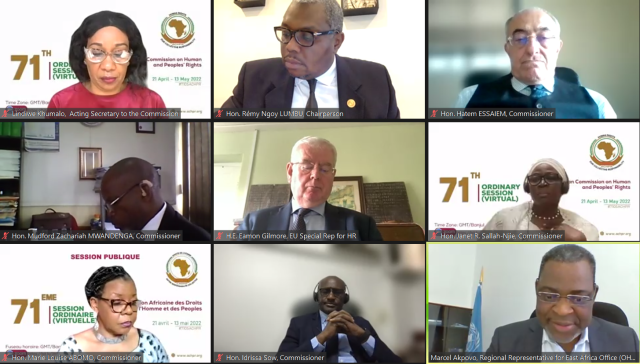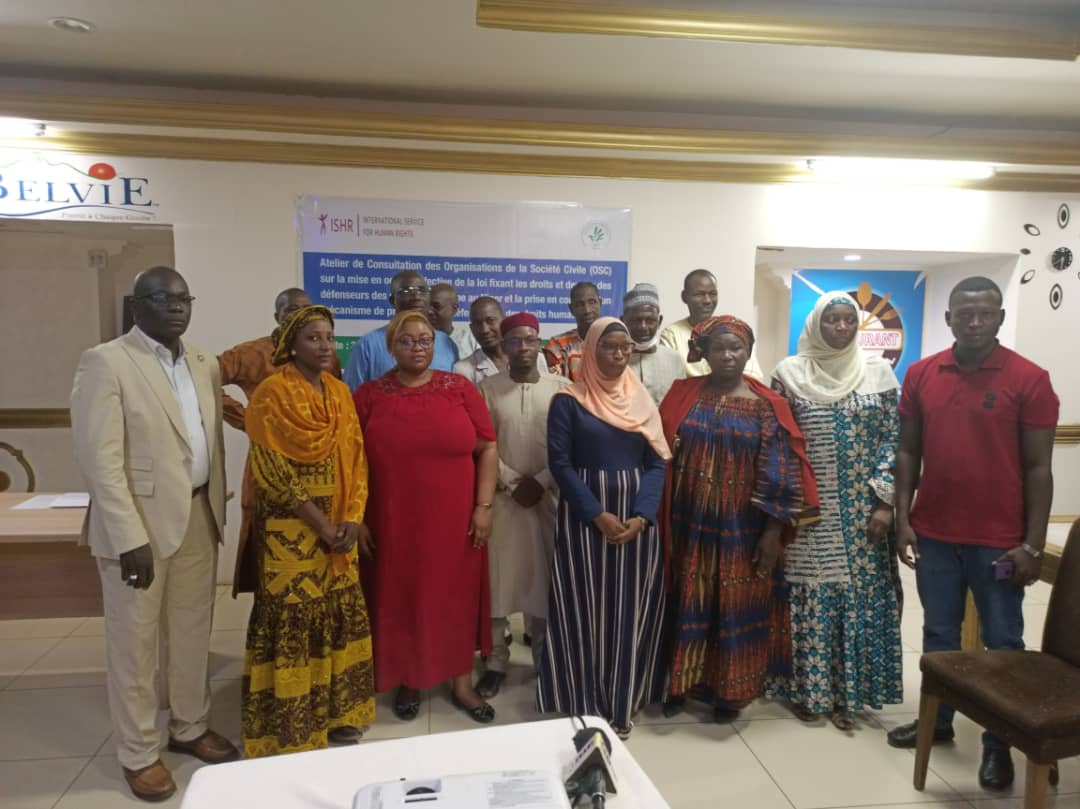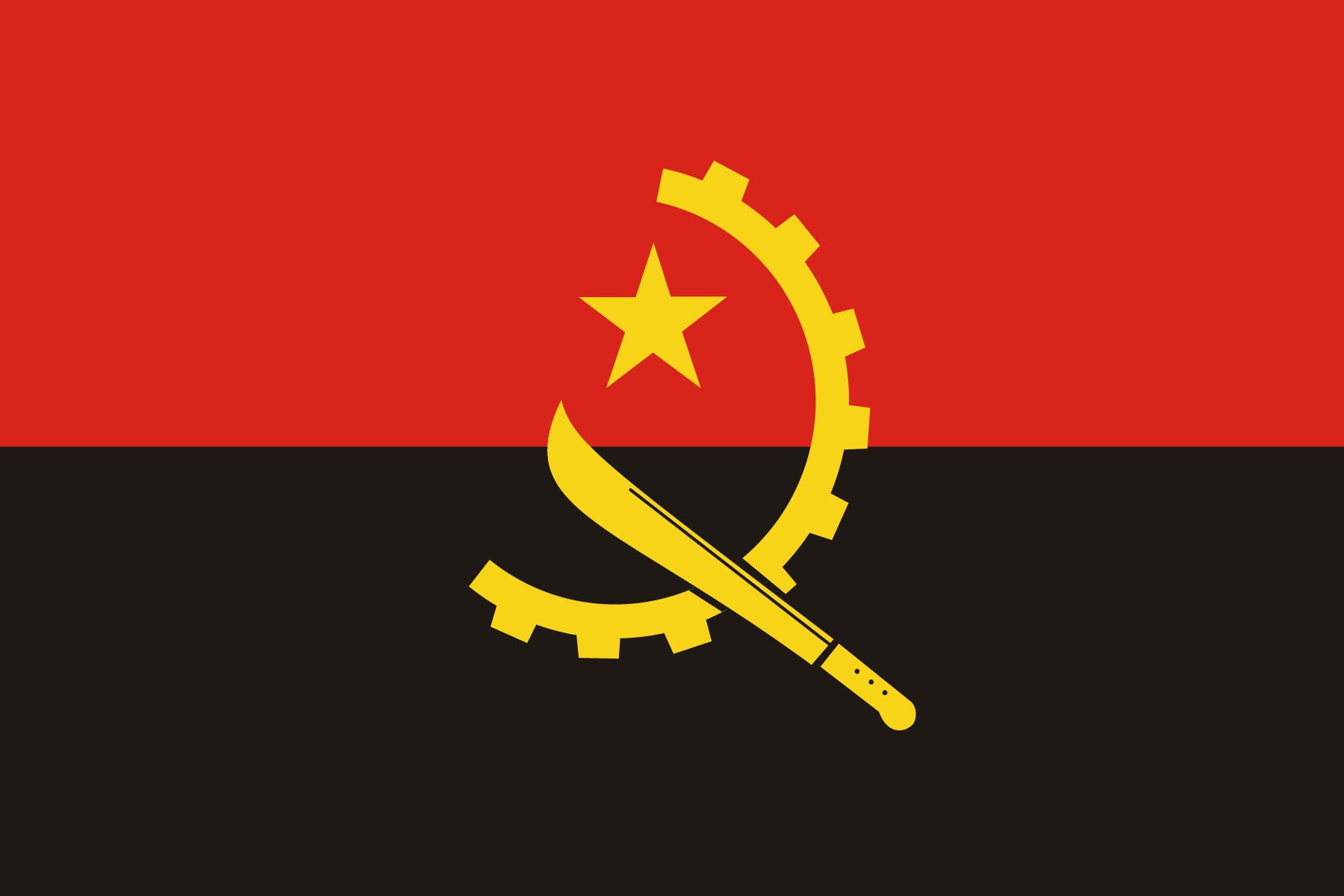A total of 695 delegates attended the 71st Session. This includes: 154 representatives from 33 States Parties; 4 AU Organs; 134 NHRIs; 45 International and Inter-Governmental Organisations; 314 African and International NGOs; 41 other observers and 3 from the Media.
During the opening ceremony, Mrs Hannah Forster, Executive Director of the African Center for Democracy and Human Rights Studies speaking on behalf of the NGO Forum Steering Committee condemned the violations of various rights on the continent, such as the ongoing civil unrest in Tigray in Ethiopia and Casamance in Senegal, the violations of the rights to freedoms of opinion and expression, association, and peaceful assembly, adoption of repressive laws, the gender based violence, harassment of human rights defenders, the closing of civic space with the existence of restrictive legislation, which were observed to be on the increase, and called for the adoption of specific laws to protect human rights defenders. The Honourable Justice Blaise Tchikaya, Vice-President of the African Court on Human and Peoples’ Rights stated that the march towards the full realization of the “Africa we want” is confronted with various challenges, including conflicts outside Africa and the severe restrictions on freedoms that ensue. Speaking on behalf of AU Member States – Parties to the African Charter, His Excellency Ambassador Mohamed Lamine Thiaw permanent representative of Senegal to the Africa Union, recalled that peace, security and human rights are mutually reinforcing imperatives, and that respect for human rights is in the interest of all and promotes the well-being of individuals, the stability of societies and the harmony of peoples. Honourable Commissioner Rémy Ngoy Lumbu, Chairperson of the Commission, deplored the continuing situation of serious and massive human rights violations in the Sahel countries due to terrorist attacks and acts, violations of freedoms of expression, association and assembly, as well as reprisals against human rights defenders in many countries. He also expressed concerns about the resurgence of waves of xenophobic acts, the impact of climate change on human rights, the situation of migrants and asylum seekers and the continuous negative impacts of the COVID-19 pandemic. His Excellency Ambassador Bankole Adeoye, Commissioner for Political Affairs, Peace and Security of the African Union Commission, encouraged Member States to ensure that all legal instruments that they have freely ratified become part of their domestic laws, so that the rights and duties contained in these instruments become applicable and enforceable in their national courts.
Watch a recording of the opening ceremony here
Panel discussions
Panel discussions on various themes were organised during the Session. The panel on “the Prevention of Unconstitutional Changes of Government in Africa: Role of the ACHPR” organised on 27 April 2022 aimed to reflect on the challenges of unconstitutional changes of government and the role of the Commission and other stakeholders in promoting and protecting constitutionalism, democracy and inclusive governance to enhance peace, security and stability in Africa.
On 30 April 2022 the African Commission held a Panel on “the Situation of Human Rights Defenders in Africa” with the expectation to raise awareness among the various stakeholders on the need to combat the judicial harassment of human rights defenders; exchanged best practices and enhanced the protection of Human rights defenders.
Watch a recording of the panels here and here
Activity report of the member of the Commission
Members of the Commission presented their intersession reports highlighting the activities undertaken in their capacity as Commissioners, country rapporteurs and mandate holders of special mechanisms.
During this session ISHR made several statements. On 30 April 2022, Commissioner Maria Teresa Manuela, Special Rapporteur on Prisons, Conditions of Detention and Policing in Africa, presented her inter-sessional activity report calling on states to allocate funding to prisons and other places of detention, renovate and build new prisons in line with the Revised Standard Minimum Rules for the Treatment of Prisoners (the Mandela Rules) to improve the standards and conditions of detention, taking into account the post pandemic period. Following the presentation of her report, ISHR and Committee For Jurist condemned the violations detainees in Egypt face and urged the Republic of Egypt to address inhumane prison conditions of detainees in prisons.
Commissioner Solomon Ayele Dersso, Chairperson of the working group on extractive industries, environment and human rights violations in Africa (WGEI) presented his inter-sessional activity report highlighting ongoing discussion with the African Union (AU) Commission, the United Nations (UN) Development Programme, the Office of the UN High Commissioner for Human Rights and the UN Working Group on Business and Human Rights towards co-convening and co-hosting the first of what would be an annual African Business and Human Rights Forum. ISHR and Rencontre pour la paix et les droits de l’homme (RPDH) called upon the African Commission to urge the Republic of Congo to comply with the Extractive Industries Transparency Initiative (EITI) rules on transparency for extractive industries and to protect defenders working on connected issues.
Watch it here
State review
In accordance with Article 62 of the African Charter, the Commission considered the 12th and 13th combined Periodic Reports of the Republic of Kenya under the African Charter, and the Initial Report under the Protocol to the African Charter on the Rights of Women in Africa (Maputo Protocol). Kenya being one of the nine states to ever report on the implementation of the Maputo Protocol. The Delegation of Kenya stated that Kenya has efficient and effective structures to protect the rights of all persons in Kenya, including human rights defenders. However, demonstrations sometimes degenerated into riots and criminal activity including looting of private property, theft and physically injuring innocent bystanders.
Watch the review here and here
Observer status to defenders NGOs
In accordance with its Resolution 361 on the Criteria for Granting and Maintaining Observer Status to Human Rights NGOs in Africa, the Commission granted Observer Status to three (3) NGOs, namely:
- The Studies In Poverty And Inequality Institute – (SPII)
- International Federation of Women Lawyers – (FIDA); and
- The Cape Verdean Child Rights Coalition – (CCDC).
This brings the total number of NGOs which have observer status with the Commission to 541.
To conclude the Commission adopted the following resolution:
Next session post COVID-19.
At the 71st session, the President of the African Commission informed that the next session will be held in person. Following the final Communiqué, the 73rd public ordinary session of the ACHPR will be held from 20 October to 9 November 2022.
Download as PDF




